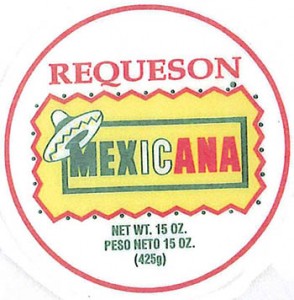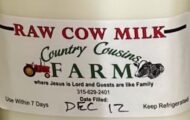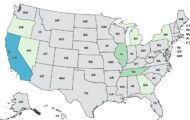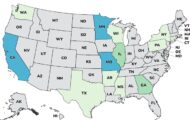The Listeria outbreak linked to Roos cheeses was the ninth-largest multistate food poisoning outbreak of 2014, based on number of people sickened, according to the Centers for Disease Control and Prevention (CDC). Eight people in two states were sickened, one of them died.
The outbreak was announced on February 21. Seven of the cases were in Maryland, the fatality was in California. Three of the victims were newborns, two mothers of the newborns were also sickened. All of the patients were Hispanic and all but one of them required hospitalization.
 Adults sickened in this outbreak reported eating soft or semi-soft Hispanic-style cheese before they became ill with symptoms of a Listeria infection which include fever, muscle aches, headache, stiff neck, confusion, loss of balance, and convulsions. Among pregnant women, listeriosis can lead to miscarriage or stillbirth, premature delivery, or infection of the newborn baby. Symptoms begin from 3 to 70 days after eating food contaminated with the bacteria.
Adults sickened in this outbreak reported eating soft or semi-soft Hispanic-style cheese before they became ill with symptoms of a Listeria infection which include fever, muscle aches, headache, stiff neck, confusion, loss of balance, and convulsions. Among pregnant women, listeriosis can lead to miscarriage or stillbirth, premature delivery, or infection of the newborn baby. Symptoms begin from 3 to 70 days after eating food contaminated with the bacteria.
Three of the case patients said they had purchased Roos cheese. All of them shopped at different locations of same grocery store chain, Mega Mart.
Tests of Roos cheese products made repackaged and sold at Mega Mart stores were positive for Listeria monocytogenes. Roos issued a recall for soft cheeses and other dairy products.
On March 11, the U.S. Food and Drug Administration (FDA) suspended operations at Roos after investigators inspected the facility and determined that food produced there had a reasonable probability of “causing serious adverse health consequences or death to humans.” During their inspection, investigators found roof water raining down onto the equipment in the cheese processing room, rusty equipment and standing water on the floor.
FDA investigators also collected environmental samples from the facility. A dozen of them were positive for Listeria monocytogenes. Of those, 11 were a genetic match to the outbreak strain.




